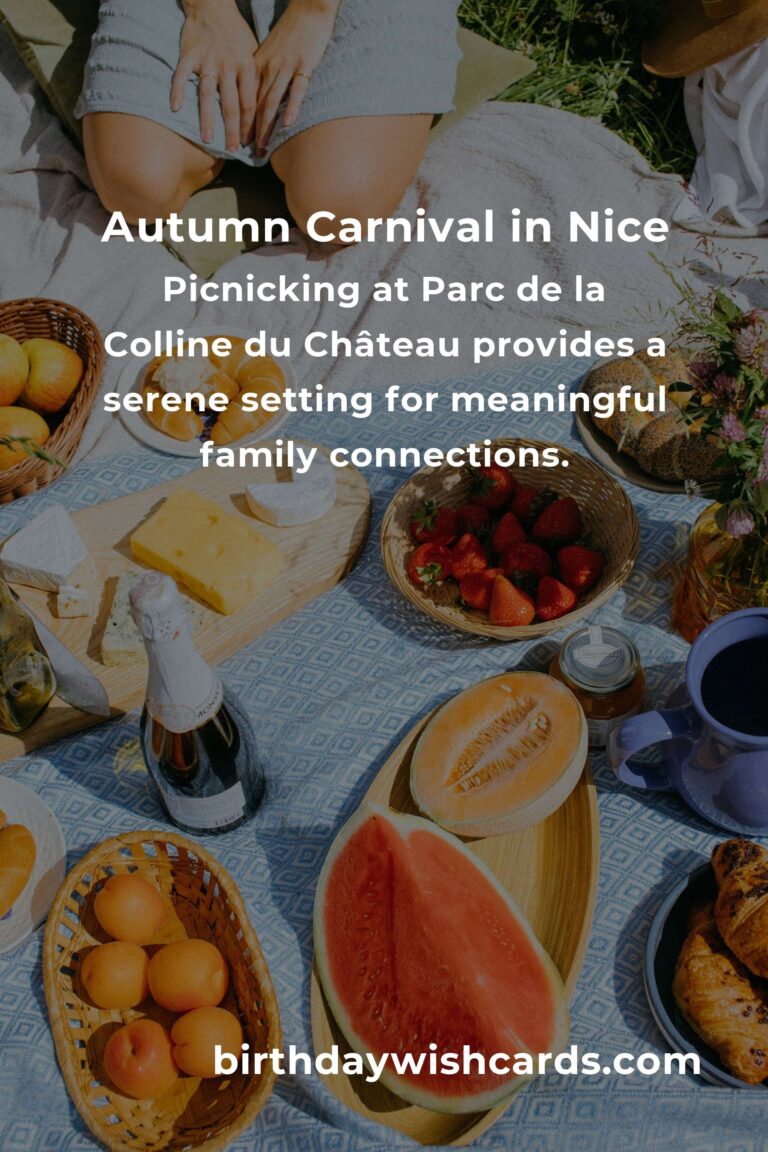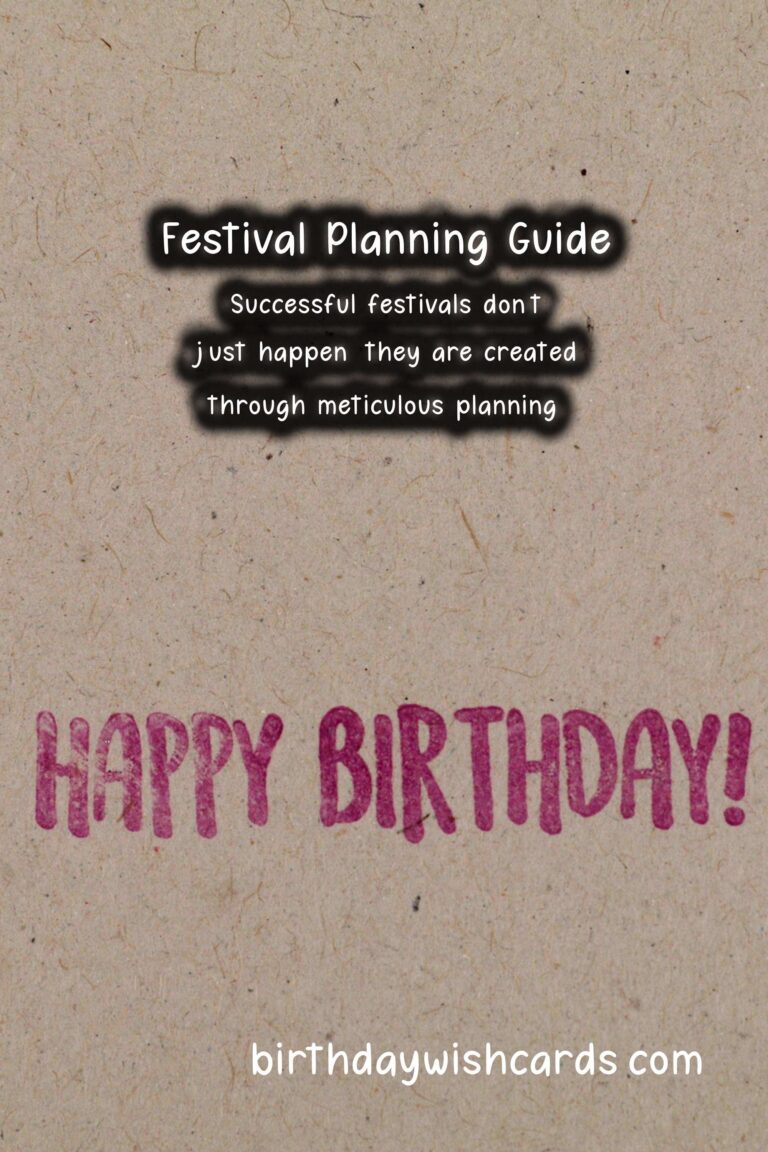
Festivals are a time for joy, celebration, and togetherness. Whether you’re planning a community event, a family gathering, or a personal milestone, the right planning can turn a good day into a memorable one. In this festival planning guide, we will walk you through essential steps to ensure your event is special and thoroughly enjoyed by all who attend.
Understanding the Importance of Festival Planning
Successful festivals don’t just happen; they are created through meticulous planning. Here, we delve into why festival planning is vital for creating memorable experiences.
Creating a Unique Experience
Every festival should offer something unique to its attendees. This could be in the form of local cuisine, cultural performances, or engaging activities. The goal is to create an atmosphere that is not only enjoyable but unforgettable.
Effective Resource Management
From finances to volunteers, managing resources effectively is crucial. A well-planned festival ensures that you allocate your budget wisely while maximizing the potential of your team.
Setting Goals and Objectives
Before diving into logistics, define what you want to achieve with your festival. Are you raising funds for a cause, celebrating a culture, or simply bringing people together? Clear objectives will guide your planning.
Choosing the Right Date and Location
Timing and venue are essential components of festival planning. Here are some tips to help you make the right choices:
Understanding Your Audience
Know your audience. Are they families, young adults, or seniors? Choosing a date that accommodates their schedules will boost attendance.
Selecting an Accessible Location
The location must be accessible to your target audience. When selecting a venue, consider factors such as transportation, parking, and facilities.
Budgeting for Success
A well-thought-out budget is crucial to any festival. Here are the key aspects you should consider:
Items to Include in Your Budget
1. Venue rental fees2. Equipment and decorations3. Entertainment and speakers4. Permits and insurance5. Marketing and promotion6. Staffing costs
Seeking Sponsorships
Local businesses often want to get involved in community events. Offering sponsorship opportunities can help cover costs and create a partnership that benefits both parties.
Creating a Theme
A well-defined theme can enhance the overall experience of your festival. Consider incorporating local culture, seasonal elements, or a fun concept that resonates with your audience.
Organizing Activities and Entertainment
Incorporating a variety of activities ensures there’s something for everyone. Here are some ideas to consider:
Music and Performances
Live music can set the mood for your festival. Whether it’s hiring a local band or organizing a talent show, entertainment is key.
Food and Drink
Food stalls offering a range of cuisines can be a major draw. Consider reaching out to local food vendors or creating a potluck-style event.
Games and Workshops
Interactive activities such as games, workshops, or crafts can engage attendees of all ages.
Marketing Your Festival
Effective marketing is essential for a successful event. Use a combination of strategies to reach your target audience:
Social Media Marketing
Leverage social media platforms to create excitement. Share updates, countdowns, and sneak peeks leading up to the festival.
Traditional Advertising
Consider traditional methods like flyers, posters, and local newspaper ads to reach those who may not be active online.
Logistics and Setup
As your event day approaches, organizing logistics becomes crucial:
Volunteers
Many hands make light work. Recruit and train volunteers for various tasks, such as setup, registration, and crowd control.
Equipment and Supplies
Ensure you have all necessary equipment ready, including sound systems, seating, and sanitation facilities.
Day of the Festival
On the event day, ensure everything runs smoothly:
Engage with Attendees
Be visible and available to answer questions and solve any issues that arise. Interacting with attendees enhances their experience and creates a friendly atmosphere.
Feedback Collection
After the event, gather feedback from attendees to improve future festivals. Use surveys, comment cards, or informal conversations to collect useful insights.
Conclusion: Making it Memorable
With thoughtful planning and execution, your festival can be a tremendous success. Remember, the goal is to create lasting memories for you and your attendees, making the day special for everyone involved.
Festivals are a time for joy, celebration, and togetherness. Successful festivals don’t just happen; they are created through meticulous planning. 
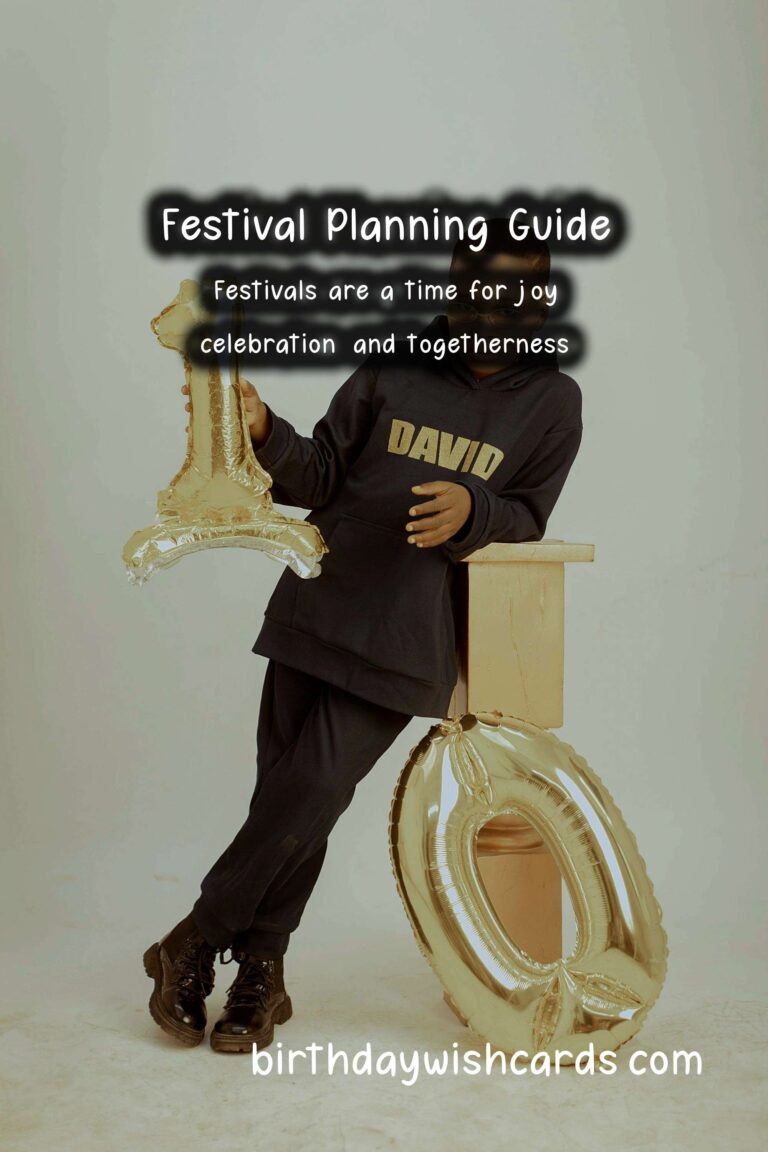

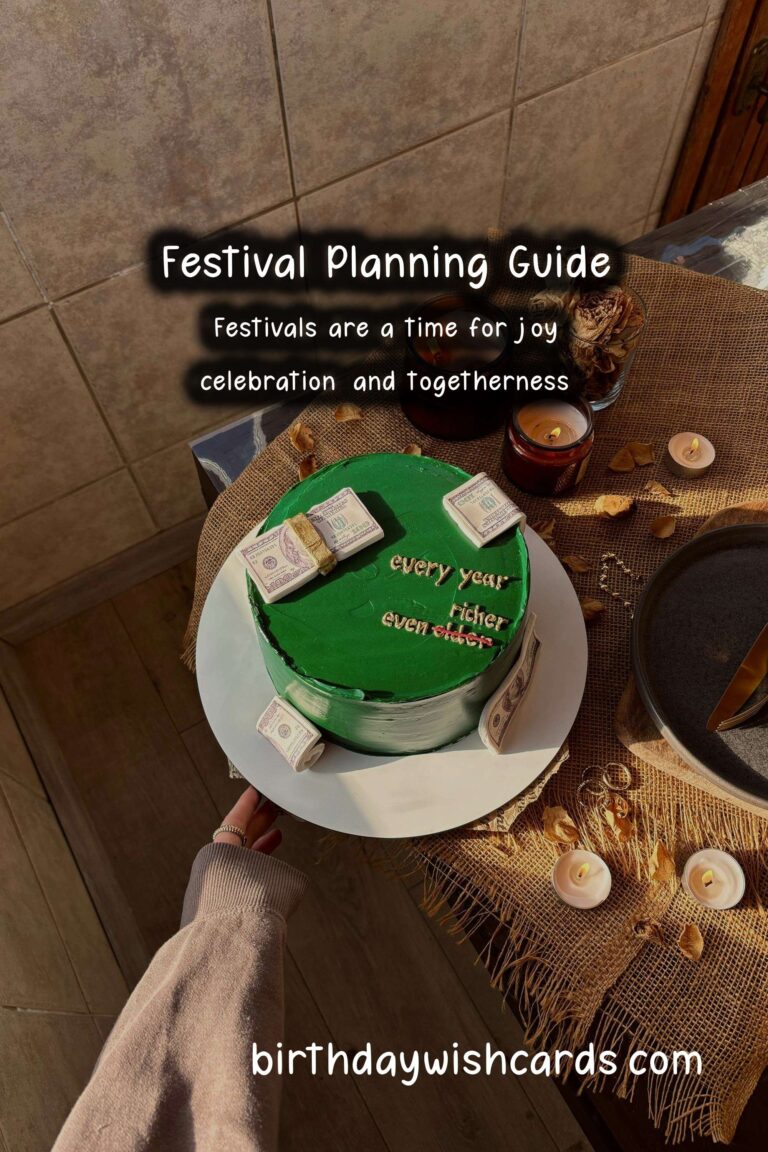

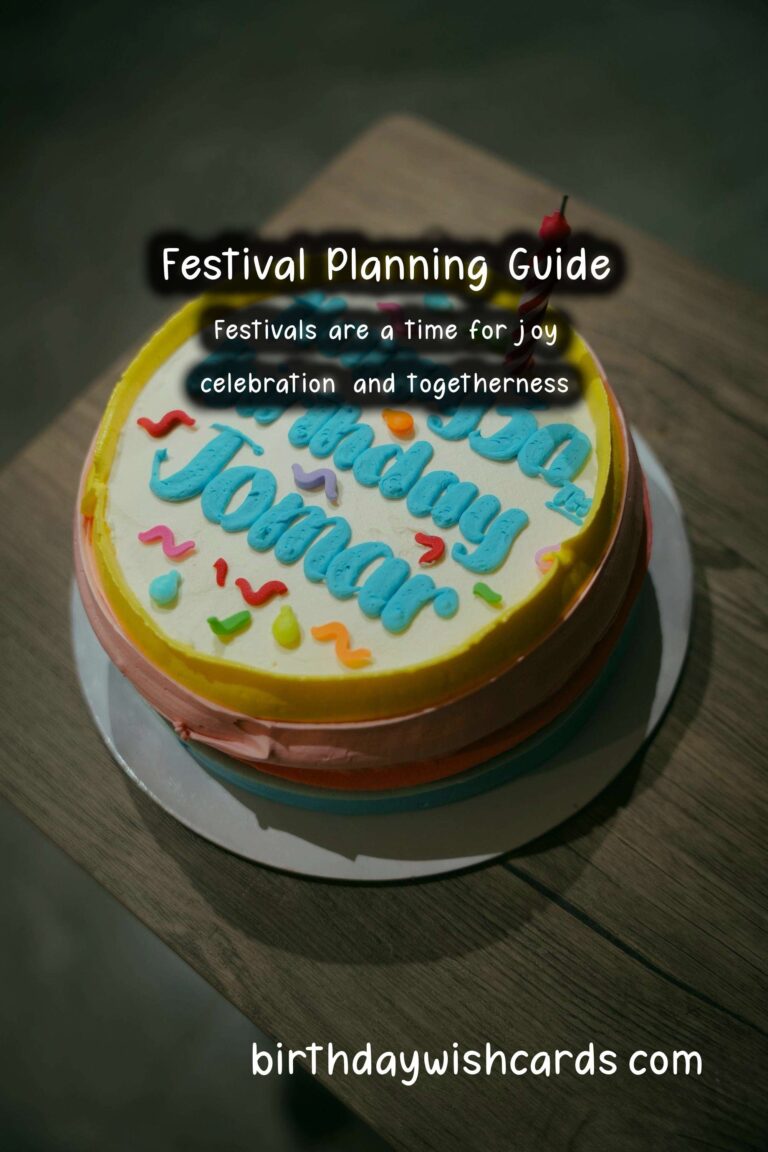
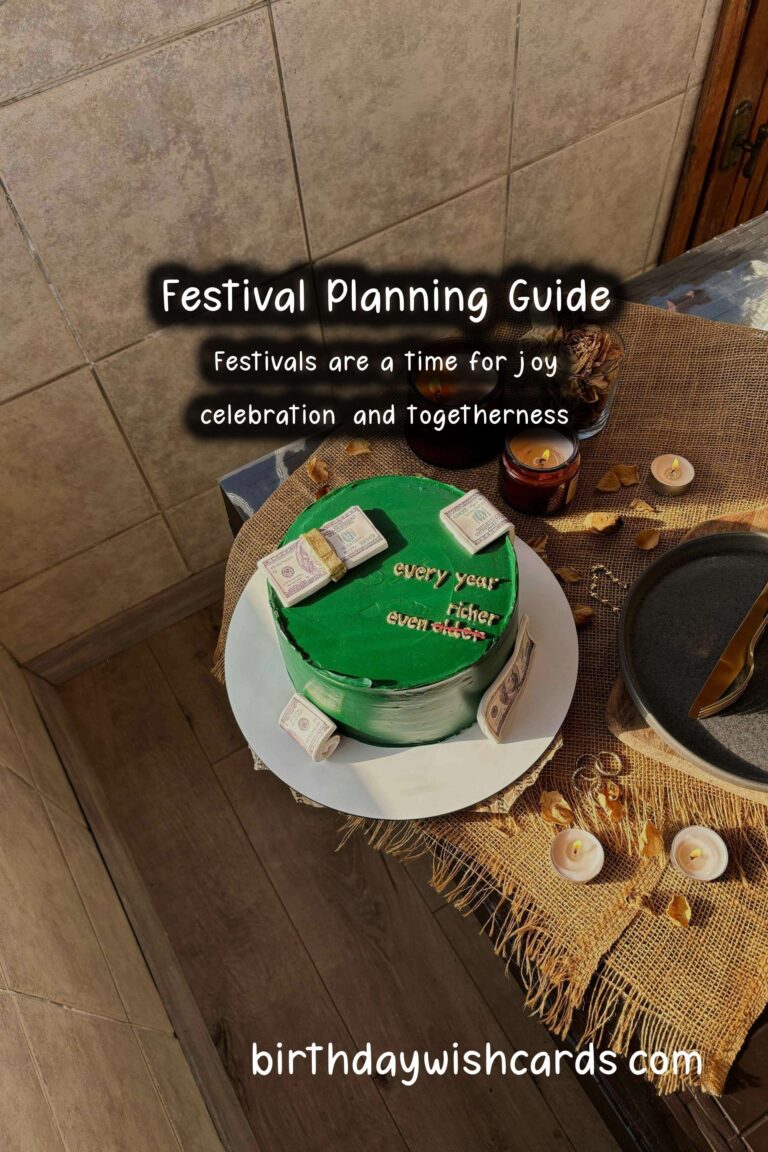
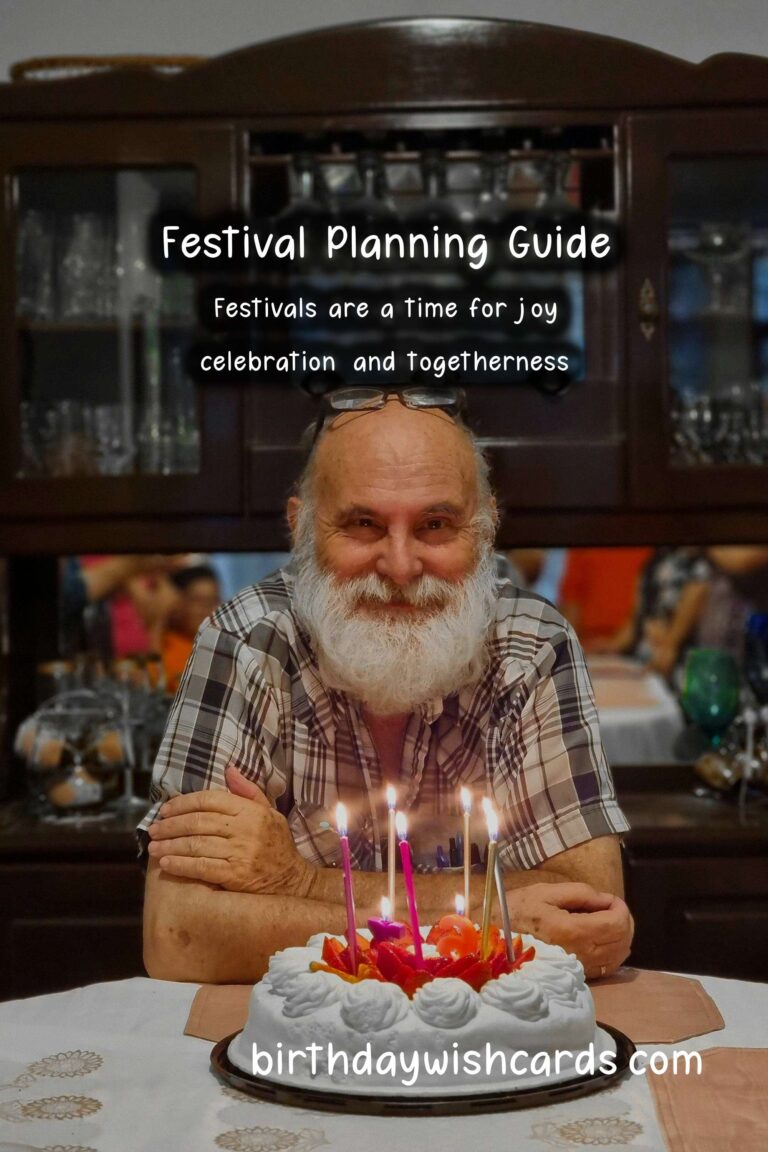
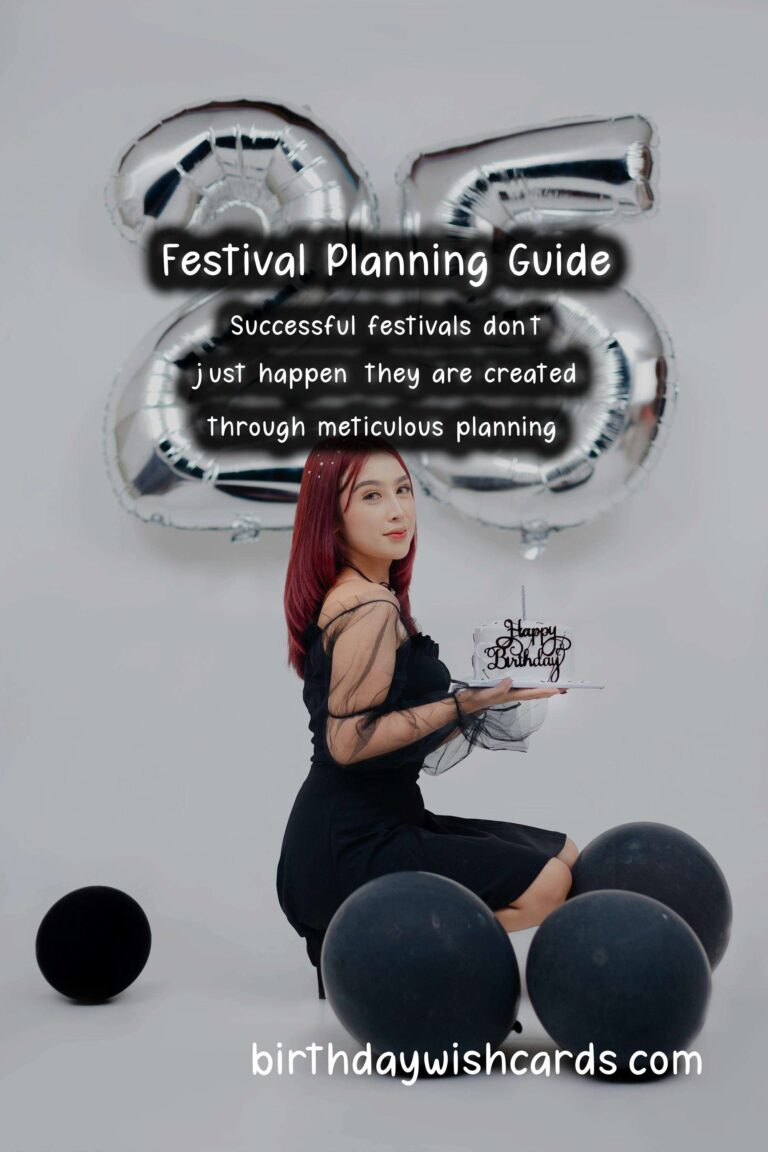
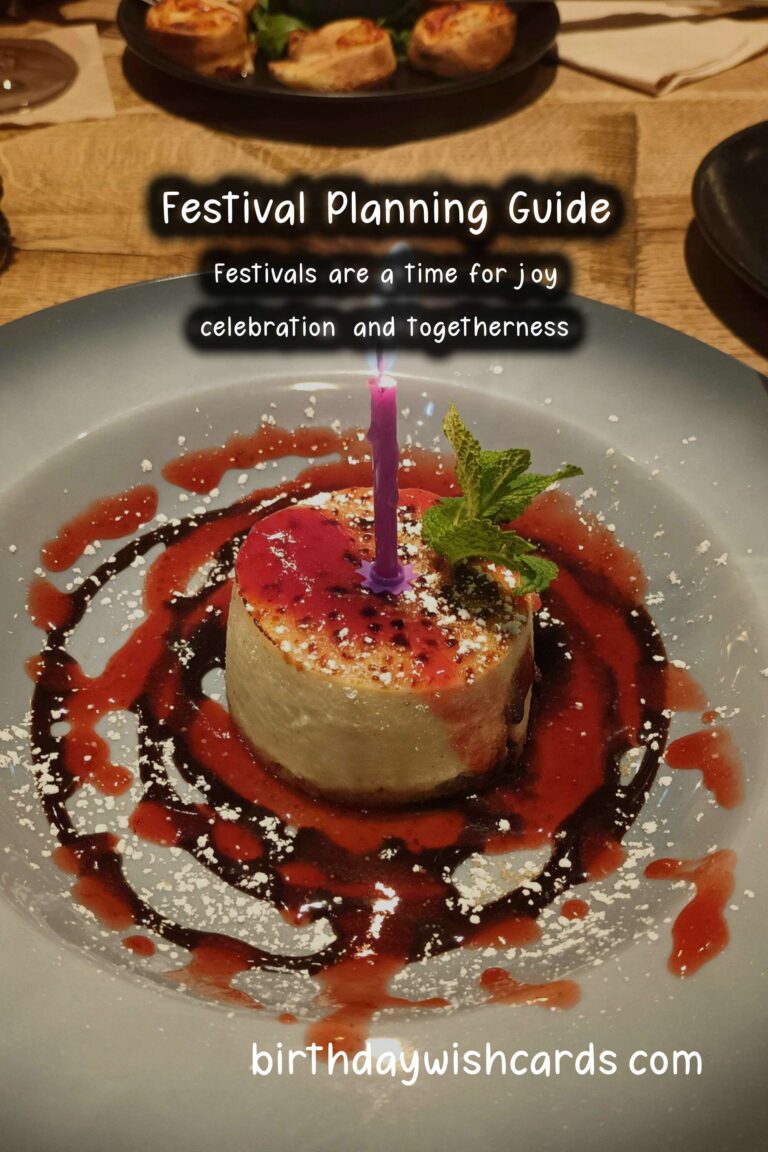
#FestivalPlanning #EventPlanning #CommunityEvents #FestivalGuide


